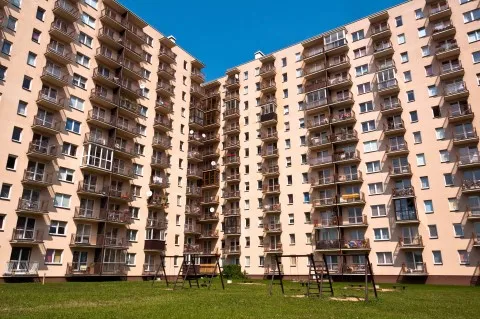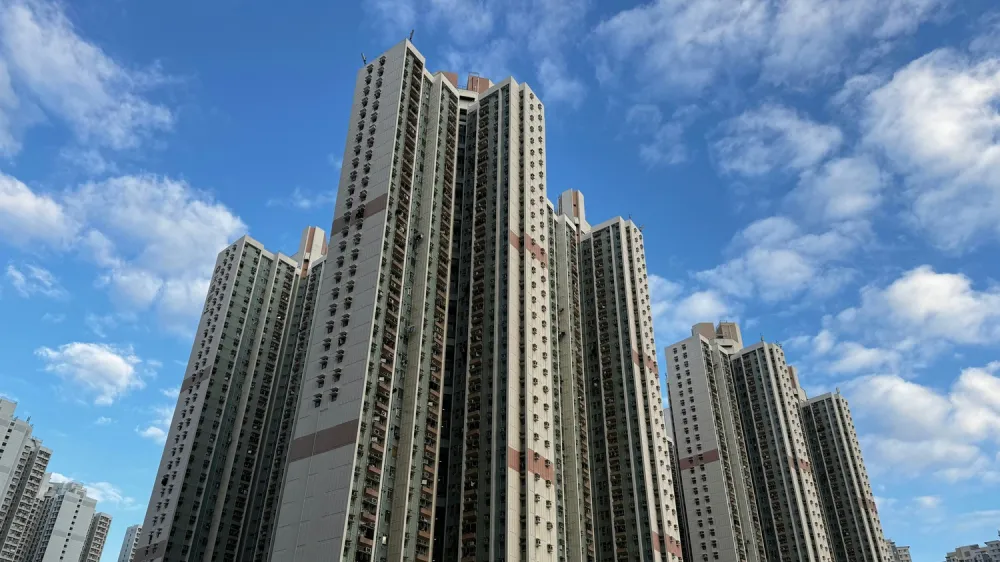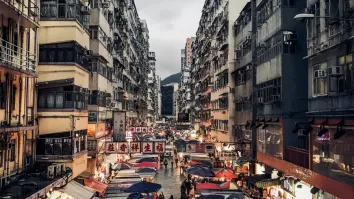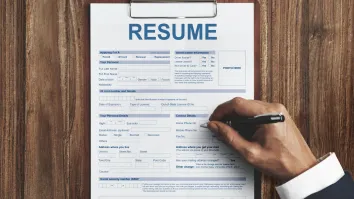
Is Hong Kong's residential market bottoming out?
Home prices in both the luxury and mass segment rebounded in Q1 2019.
Residential prices in both the luxury and mass segments all rebounded in Q1 as a recovering stock market, negative real interest rates and stable affordability levels signal a gradual turnaround in the property market, according to Savills Research’s latest Market in Minutes report.
Both townhouse and luxury apartment prices on Hong Kong Island recorded strong growth amidst renewed interest from both mainland and local wealthies. “Both luxury and mass residential price movements have shown a high correlation with stock market movements over the past two decades, with correlation coefficients of 0.88 and 0.78, respectively,” Savills Research noted.
Also read: Posh home sales to rise as China's ultra-rich boost demand
Whilst the previous three crisis periods all saw the Hang Seng Index (HSI) tumble by half, residential price adjustments had gradually narrowed to around 20% to 30% in the Global Financial Crisis ten years ago. Despite the most recent mini-crisis, triggered by the US-China trade war which saw the benchmark HSI down by 14% in 2018, the housing market was far less pessimistic with prices adjusting by only 1% to 4% during the year.
“With the subsequent rebound of the stock market by 19% over the first four months of 2019, save for any unexpected external turbulence, the short-lived home price correction seems to be nearing its end,” the report’s authors noted. “The US Fed has conveyed a clear message regarding interest rates by keeping the Fed funds rate constant at its two recent federal open market committee (FOMC) meetings in mid-March and late-April, meaning a possible continuation of the low interest rate era in Hong Kong.”
Savills Research noted that the extremely low interest rate environment since 2008 has given Hong Kong a prolonged period of negative real interest rates, and capital has therefore been “forced” out from the banking system to pursue higher yielding investment opportunities. The negative real interest rate situation therefore added momentum to the longest housing market price rally in Hong Kong’s history.
Another factor supporting the residential market is stable affordability levels, which have been on a rising trend since 2016, but have hovered around 50% in recent months.
“Although Hong Kong is often touted as the most expensive city in the world by some reports looking only at price to income ratios, housing looks much more affordable when low interest rates are factored in,” the report’s authors highlighted.
Also read: Hong Kong housing is still the world's least affordable for the ninth straight year
The latest figures from the Rating and Valuation Department (RVD) showed that 20,968 units were completed in 2018, a record high since 2004. The official report predicted similar levels of housing completions in 2019 and 2020 at 20,415 and 20,181 units, respectively, with the average forecast supply surpassing the 20,000-unit mark. This is said to be reminiscent of the early 2000s, when annual average supply was also above this level, Savills Research noted.
Nevertheless, the increase in housing supply will come with a cost – the trade-off between the number of units and average living space.
Notably, the proportion of Class A units, which are those with a saleable area smaller than 40 sqm more commonly known as “nano units,” averaged around 12% of total completions from 2001 to 2008, before dipping into single digits from 2009 to 2011.
“The ratio has picked up significantly from 15% in 2012 to a high of 39% in 2017, coinciding with the most recent rise in housing supply,” the report’s authors said. “Whilst the proportion of nano units declined temporarily to 34% in 2018, it is expected to rise again in 2019 to 2020 to average around 42%, a 20-year high.”
Also read: Over 3,000 nano flats to be completed until 2020 as residents squeeze into smaller homes
The declining number of developable sites, together with tighter LTV ratios from banks, both incentivising developers to build smaller units to maximise the number of units on their respective sites with the smallest possible lump sums, were found to be the main drivers behind this trend.
“With sentiment rebounding and vacancy tax implementation looming, to which as many as 6,300 completed but unsold units could be subject, developers have been quick to pre-sell their primary projects, with primary sales rebounded to 5,313 transactions in Q1 2019, the highest first quarter sales since Q1 2004,” Savills Research highlighted. This is said to represent 38% of total sales during the quarter, echoing the increasing primary sales proportion from Q4 2018.



















 Advertise
Advertise






